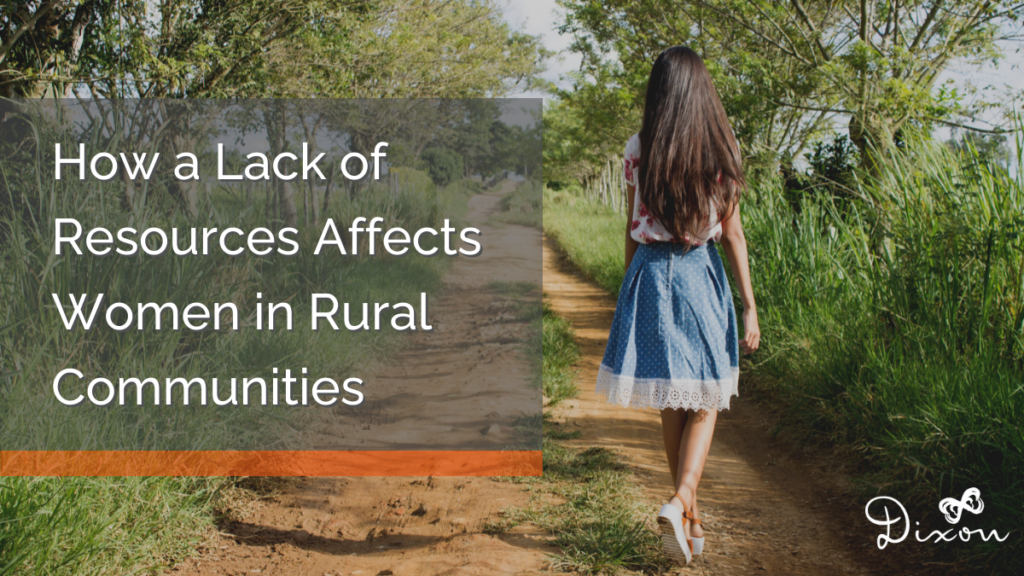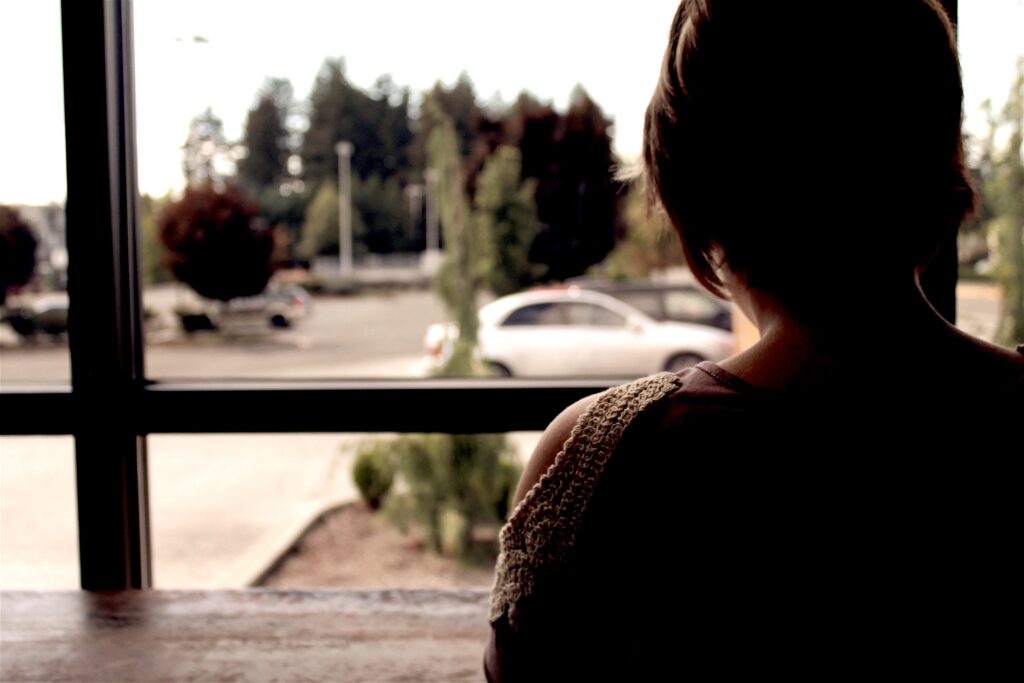
Living away from the city can provide many benefits, but for a woman experiencing domestic violence, the distance only adds isolation. Women living in rural communities experience domestic violence rates that are nearly twice as high as those in urban areas.
Women living in a small community also face many additional barriers to fleeing an abuser. Lack of accessible resources, knowing everyone in the community, and little access to transportation can all factor into perpetuating the cycle of abuse.
Join us as we see how domestic violence disproportionately affects women living in rural communities, and how barriers created in smaller communities make fleeing an abuser even more difficult.
Increased Rates

Women living in rural communities face the highest rates of domestic violence across BC, with 789 victims per 100,000 population. Although less than 20% of Canada’s population lives in rural communities, more than one quarter (28%) of the domestic homicides (which sometimes include other victims connected to the female intimate partner) that occurred in Canada between 2010 and 2018 took place in rural, remote, and northern communities.
Because of the population distribution, these statistics affect Indigenous women more prominently. While only 16% of BC’s population reside in these areas, approximately 30% of BC’s Indigenous population live in rural communities. This means that Indigenous women are disproportionately impacted by the violence faced in these remote communities and by the barriers rural living creates for fleeing an abuser.
Tight Communities
While knowing everyone in a small town creates a strong sense of community in rural areas, this can be a huge disadvantage for a woman living with an abuser. It is likely that the abuser is well known in the community, and depending on the reputation he has, reaching out to others may not be an option. For example, if the abuser is a well-liked, respected person in the community, his reputation may cause the survivor’s story to, sadly, be discredited. The community’s misconception of the abuser may lead to them choosing to support the abuser, making reaching out for support even more difficult than it already is for women.
Especially potent in small communities, fear of the community taking the abuser’s side, leads to many women staying with their abuser. Sharing one’s experience with someone who chooses not to believe it could lead to feelings of shame and dismissal. Furthermore, a woman who receives a negative reaction the first time she shares her experience of abuse is more likely to refrain from reaching out again out of fear of subsequent rejection.
Limited Access
Resources in rural communities are significantly less than those in densely populated cities. While forms of abuse will manifest similarly, the lack of resources available to women in rural communities makes it less likely for them to be able to seek help.
It is uncommon for women’s shelters to operate in small towns. Women living in small towns may have to travel upwards of 100km to get to the nearest shelter, a distance impossible to safely travel without access to a vehicle.
Travelling the distance to the nearest transition house is especially difficult for women living in rural areas. Public transportation, if any, is highly limited in these small communities. In addition, due to many barriers to entry, women in rural communities are less likely to have a driver’s license, let alone regular access to a vehicle.
Where to Turn
While it may feel like there is nowhere to go, knowing that there are people who care and want to help is very important. A common tactic an abuser uses is to isolate a woman from their friends and family. Reaching out to those with whom he has forced limited contact with is difficult, but a woman is provided with crucial support by talking with people who care for her and her wellbeing. A family member or friend letting her know that they are there to talk and are concerned for her welfare may be the branch she needs to begin getting through her dire circumstances.
Do not hesitate to reach out to your closest transition house for information if you or someone you know needs help. A full list of transition houses across BC can be found here. Many in rural areas understand the barriers to accessing their shelter, so some, such as the Archway Society in Vernon, BC, can provide transportation services for women who need help reaching their housing.
If you or someone you know would like some help leaving a violent situation, please do not hesitate to reach out. At Dixon, you can call our 24-hour intake line at 6044-298-3454 or get in touch by email. For resources outside of the lower mainland, please call VictimLink BC at 1-800-563-0808. If you are in immediate danger, please call 911.



